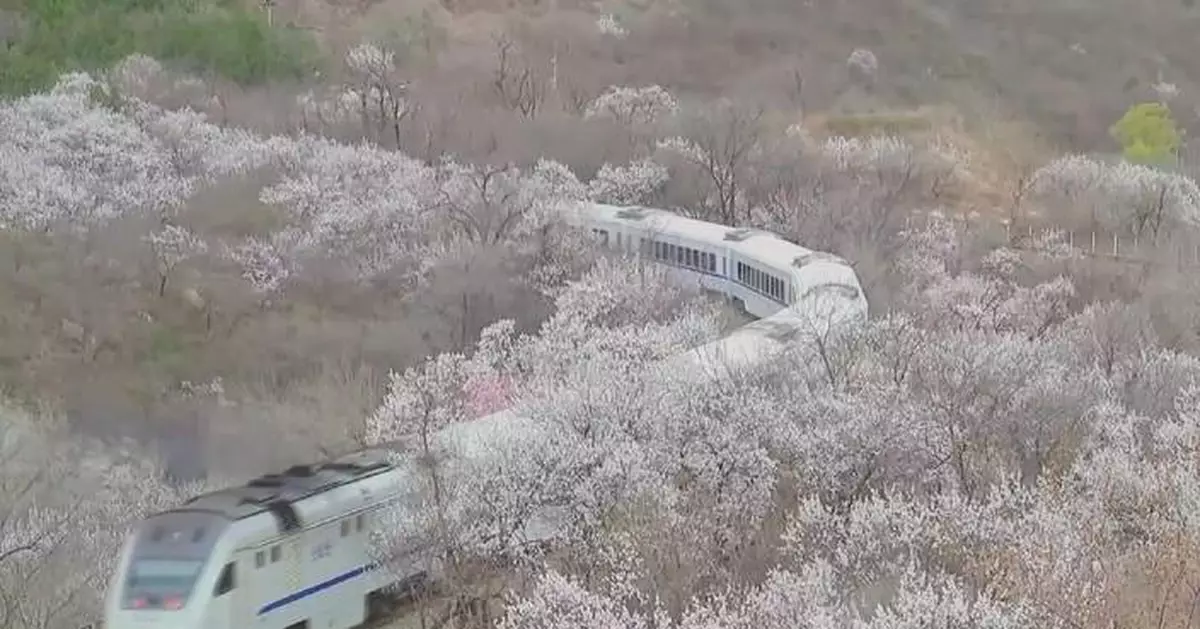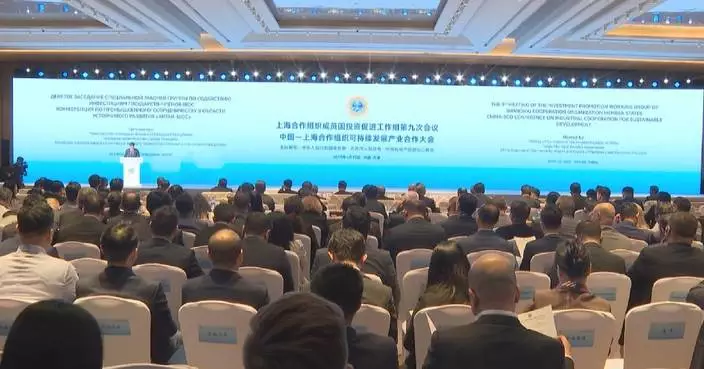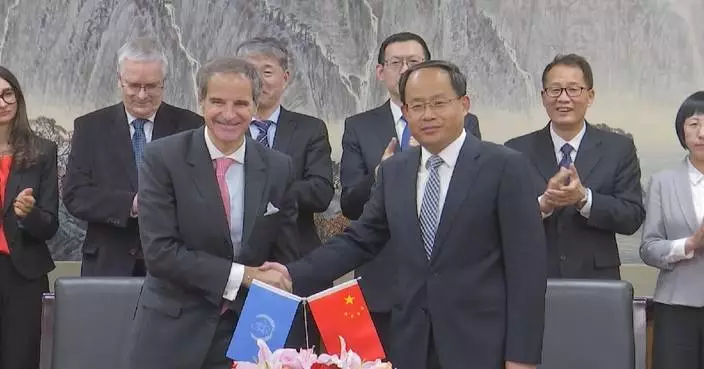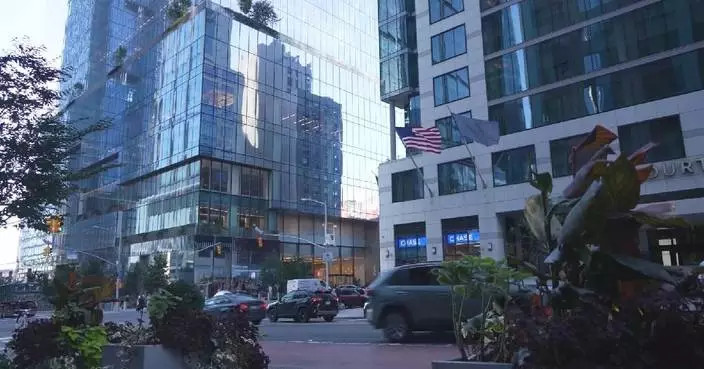The flower-covered rolling hills in the suburbs of the Chinese capital saw a rising number of visitors enjoying the sights of spring during the just-concluded three-day Qingming holiday.
Many holidaymakers traveled by train on Beijing's Line S2 to the city's Changping District. Known as "the train to spring", the line winds through the blooming landscape, allowing passengers to view pink and white blossoms adorning the mountain slopes, as well as the historic Great Wall at Juyong Pass.
Wooden walkways on the mountain slopes provide visitors with the perfect vantage point to take in the beauty of the season. Built along the mountainside and spanning more than 2,000 meters, wooden walkways offer different route options for visitors to trek. Five observation platforms at various elevations provide vantage points to watch from above as S2 trains journey through the flowering trees.
The Qingming Festival, or Tomb-Sweeping Day, traditionally falls on the 15th day after the Spring Equinox. It is a traditional Chinese festival focusing on paying tribute to the dead and the worship of ancestors. It is also customary to enjoy outdoor activities and sightseeing during the festival.
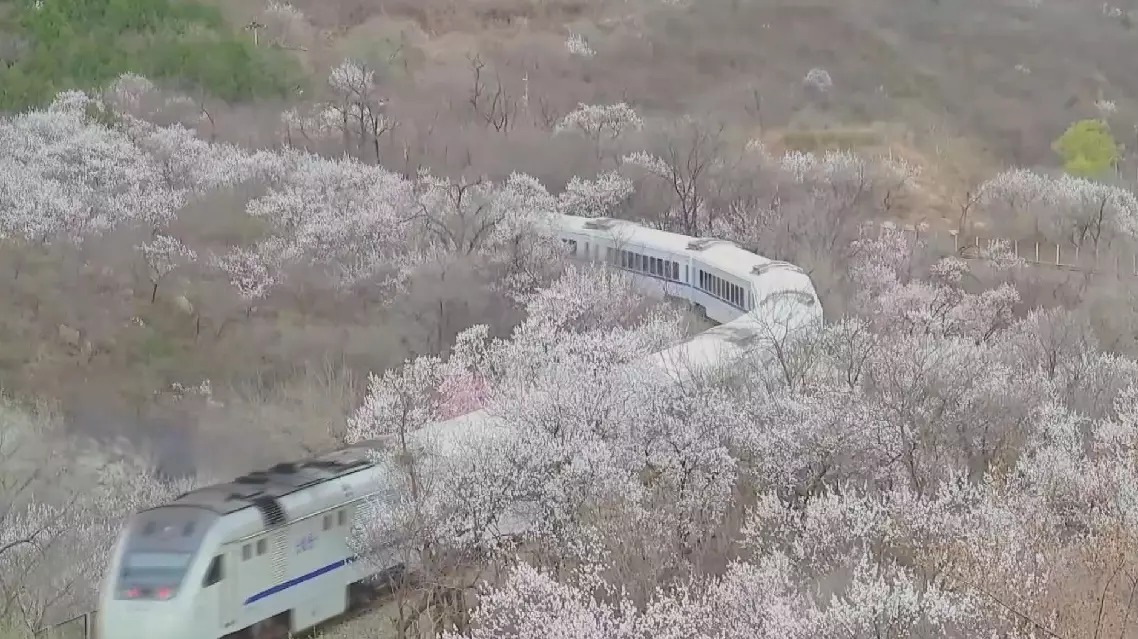
Beijing suburb sees rising number of visitor for spring sight
Japan's economy faces major shocks after the United States imposed its "reciprocal tariffs" policy, according to a Japanese expert.
The U.S. has imposed a 25 percent tariff on imported cars and introduced an additional 24 percent reciprocal tariff on Japanese products starting Wednesday. These measures have raised concerns about potential systemic risks to the global economy.
In an interview with China Central Television Network (CCTV), Nobuhiko Hibara, an associate professor from Waseda University's business school, highlighted the severe impacts of the U.S. trade protectionist measures on Japan's key industries, including automobiles.
"Japan exports about 30 to 33 percent of its cars to the United States. So, that's the part which affected the most. If Japan's automobile exports to the U.S. decrease by around 500,000 vehicles, Japan's nominal GDP is projected to contract by approximately 0.3 percent. The impact is enormous. Of course, prices will go up. Consumption will also shrink," he said.
While the United States claims to address the hollowing out of American manufacturing, it is essentially a form of trade protectionism, noted the expert.
"Even if the so-called U.S. trade deficit is reduced by the imposition of tariffs, but if the trade volume itself decreases, even reducing the trade deficit will not help. So, countries are very worried right now about the risk of an overall global economic contraction," he said.
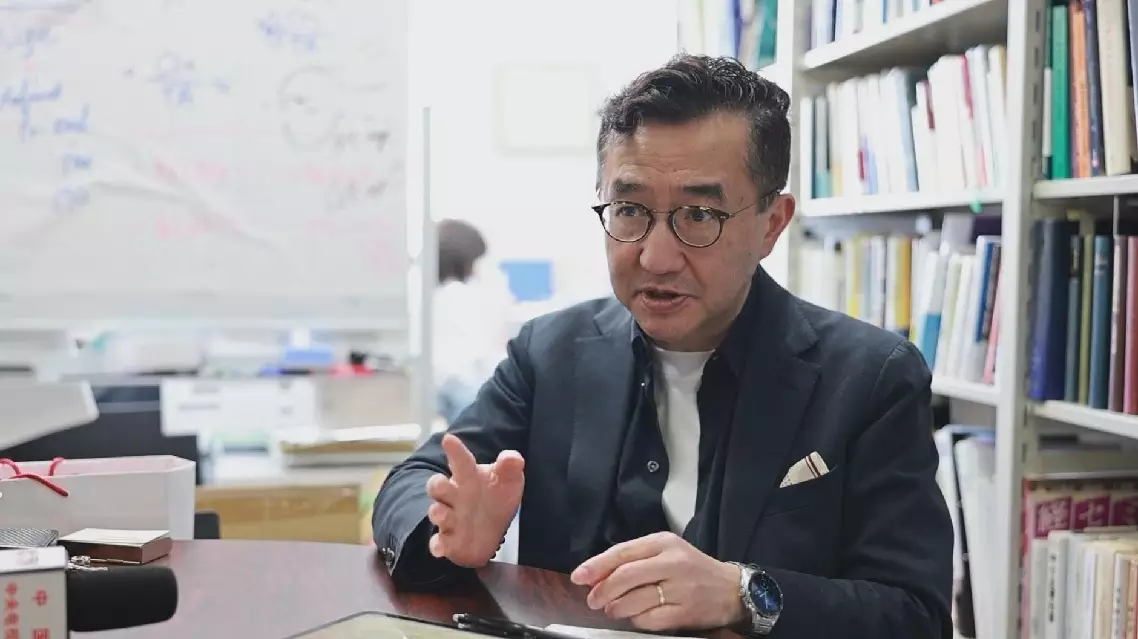
Japan's economy faces multiple shocks from US tariffs: expert



